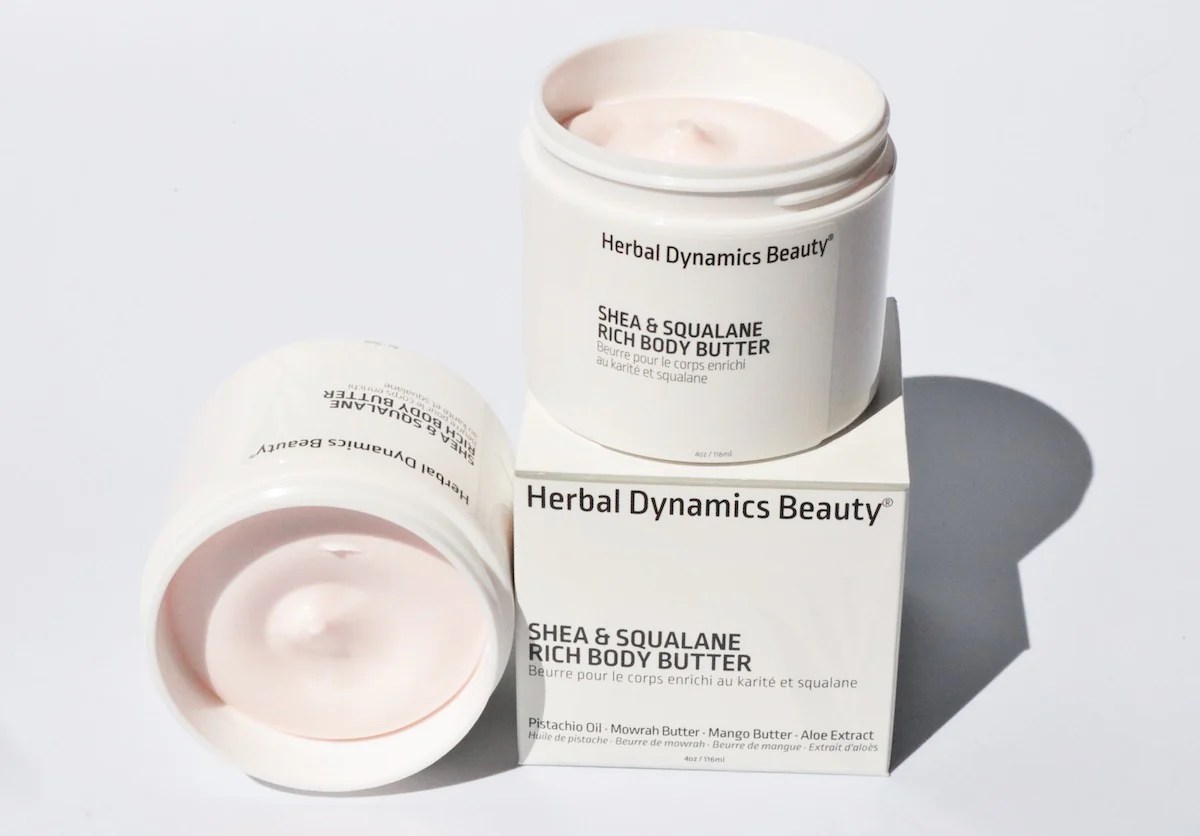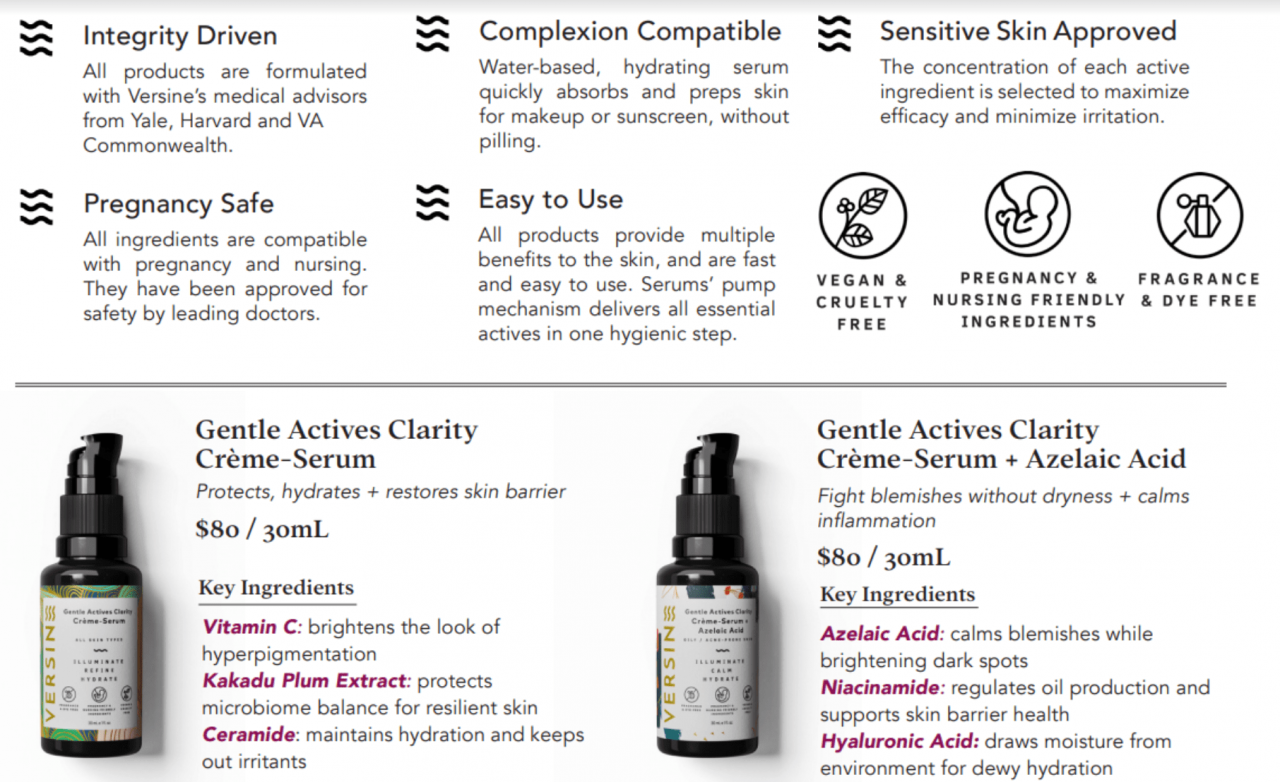Embark on a journey of skincare indulgence with skincare butters, nature’s luxurious gifts for radiant skin. These natural emollients, brimming with nourishing properties, have been revered for centuries for their ability to revitalize, protect, and enhance the skin’s natural beauty.
From the iconic shea butter to the exotic murumuru butter, each skincare butter possesses a unique blend of fatty acids, vitamins, and antioxidants that work in harmony to address a wide range of skin concerns. Discover the secrets of these skincare powerhouses and unlock the radiant complexion you’ve always desired.
Shea Butter: Skincare Butters
Originating from the African shea tree, shea butter is a natural emollient renowned for its exceptional moisturizing and nourishing properties. Rich in fatty acids, vitamins, and antioxidants, it has been revered for centuries for its ability to rejuvenate and protect the skin.
Shea butter is particularly effective in treating dry, rough, or damaged skin. Its emollient properties help to soften and smooth the skin, while its anti-inflammatory and antioxidant properties soothe and protect against environmental damage. Additionally, shea butter has been shown to promote collagen production, which can help to improve skin elasticity and reduce the appearance of wrinkles.
Grades of Shea Butter
Shea butter is graded based on its color, texture, and purity. The highest grade, known as A-grade, is the purest and most refined form of shea butter. It is light in color and has a smooth, creamy texture. B-grade shea butter is slightly darker and has a more grainy texture.
It is still of good quality, but may contain some impurities. C-grade shea butter is the darkest and most impure grade. It is often used in industrial applications.
Cocoa Butter
Cocoa butter, extracted from cocoa beans, holds a rich history in skincare, dating back to ancient civilizations. Its popularity continues today, owing to its nourishing and protective properties.
Compared to other skincare butters, cocoa butter stands out for its unique composition. It is rich in saturated fatty acids, including palmitic acid, stearic acid, and myristic acid. These fatty acids form a protective barrier on the skin, shielding it from environmental stressors and moisture loss.
Key Fatty Acids in Cocoa Butter
The key fatty acids in cocoa butter play crucial roles in skin nourishment and protection:
- Palmitic acid:The most abundant fatty acid in cocoa butter, palmitic acid provides a protective layer that prevents moisture loss and external irritants from penetrating the skin.
- Stearic acid:This fatty acid helps to soften and smooth the skin, giving it a supple and youthful appearance.
- Myristic acid:Known for its antibacterial and anti-inflammatory properties, myristic acid helps to soothe and protect the skin from infections and irritations.
Mango Butter
Mango butter, a natural emollient, originates from the kernels of mango seeds. Through a meticulous extraction process, these kernels undergo cold-pressing or solvent extraction to yield a rich, buttery substance. Mango butter is renowned for its exceptional skin-nourishing properties, attributed to its unique chemical composition.
Unveiling the secrets of comfort zone skincare , a sanctuary for your skin. Embrace the transformative power of plated skincare , a culinary-inspired indulgence that nourishes from within. Elevate your daily rituals with rutina de skincare , a harmonious blend of science and nature.
Discover the cutting-edge advancements of verso skincare , where innovation meets unparalleled results.
The chemical analysis of mango butter reveals a treasure trove of beneficial compounds. It is predominantly composed of fatty acids, with oleic acid and stearic acid constituting the majority. These fatty acids contribute to the butter’s emollient and occlusive properties, creating a protective barrier on the skin that prevents moisture loss and enhances skin hydration.
Skincare Routine with Mango Butter
Incorporating mango butter into a skincare routine can address a myriad of skin concerns. Its anti-inflammatory properties make it ideal for soothing and calming irritated or inflamed skin. Furthermore, mango butter’s antioxidant content helps combat free radical damage, protecting the skin from premature aging and environmental stressors.
- For dry and sensitive skin:Mango butter’s rich emollience and occlusive properties deeply nourish and hydrate the skin, providing relief from dryness and irritation.
- For acne-prone skin:The anti-inflammatory and antibacterial properties of mango butter can help reduce inflammation and prevent acne breakouts.
- For anti-aging:Mango butter’s antioxidant content helps protect the skin from free radical damage, reducing the appearance of fine lines and wrinkles.
Murumuru Butter

Murumuru butter, extracted from the seeds of the Amazonian murumuru palm, has gained recognition for its exceptional skincare benefits. Its sustainability and ethical sourcing practices are of paramount importance, ensuring the preservation of the rainforest ecosystem and the well-being of local communities.Murumuru
butter is derived from wild-harvested fruits, minimizing environmental impact. Ethical sourcing initiatives involve fair trade practices, supporting local economies and promoting sustainable harvesting techniques. By choosing murumuru butter from reputable suppliers committed to ethical practices, consumers can contribute to the preservation of the Amazon rainforest and support sustainable livelihoods.
Melting Points and Textures
Murumuru butter exhibits a higher melting point compared to other skincare butters, allowing it to remain solid at room temperature. This characteristic contributes to its rich, creamy texture, providing a luxurious feel on the skin.
| Skincare Butter | Melting Point (℃) | Texture | Murumuru Butter | 33-36 | Solid at room temperature, creamy | Shea Butter | 30-35 | Solid at room temperature, grainy | Cocoa Butter | 34-38 | Solid at room temperature, hard | Mango Butter | 32-36 | Solid at room temperature, soft |
|---|
Skincare Benefits and Applications
Murumuru butter is renowned for its moisturizing and nourishing properties, making it suitable for various skincare applications:
-
-*Moisturizing
Murumuru butter’s rich fatty acid content provides intense hydration, restoring skin’s moisture barrier and preventing dryness.
-*Anti-inflammatory
Its anti-inflammatory properties help soothe irritated skin, reducing redness and calming inflammation.
-*Antioxidant
Murumuru butter contains antioxidants that protect the skin from free radical damage, reducing the appearance of fine lines and wrinkles.
-*Hair care
It can be used as a hair mask or conditioner, providing deep nourishment and promoting hair growth.
-*Soap making
Murumuru butter adds moisturizing and conditioning properties to handmade soaps.
Cupuaçu Butter
Cupuaçu butter, extracted from the seeds of the cupuaçu tree, is a highly prized ingredient in skincare due to its remarkable properties. Similar to cocoa butter, cupuaçu butter boasts a rich, creamy texture and a distinctive, nutty aroma. However, it sets itself apart with its unique composition and exceptional benefits for the skin.
Similarities and Differences between Cupuaçu Butter and Cocoa Butter
Both cupuaçu butter and cocoa butter possess high concentrations of fatty acids, including oleic acid, palmitic acid, and stearic acid. These fatty acids contribute to the emollient properties of these butters, providing deep hydration and nourishment to the skin. However, cupuaçu butter has a higher percentage of oleic acid, an essential fatty acid known for its antioxidant and anti-inflammatory properties.
Incorporation of Cupuaçu Butter into Skincare Formulations
Cupuaçu butter can be seamlessly incorporated into a wide range of skincare formulations, enhancing their efficacy. Its high melting point allows it to form a protective barrier on the skin’s surface, preventing moisture loss and shielding the skin from environmental aggressors.
Additionally, its antioxidant properties help neutralize free radicals, protecting the skin from oxidative damage and premature aging.
Antioxidant and Anti-inflammatory Properties of Cupuaçu Butter, Skincare butters
Cupuaçu butter is a powerhouse of antioxidants, including polyphenols and flavonoids. These antioxidants combat the damaging effects of free radicals, reducing inflammation and protecting the skin from environmental stressors. Its anti-inflammatory properties make it particularly beneficial for sensitive or acne-prone skin, as it helps soothe irritation and reduce redness.
Last Point
As we conclude our exploration of skincare butters, it’s evident that nature holds the key to unlocking radiant and healthy skin. These natural treasures, with their diverse properties and versatility, empower us to create customized skincare routines that cater to our individual needs.
Embrace the power of skincare butters and witness the transformation of your skin, revealing its natural glow and vitality.
FAQ Corner
What are the benefits of using skincare butters?
Skincare butters are rich in fatty acids, vitamins, and antioxidants that deeply nourish, protect, and revitalize the skin. They help to improve skin elasticity, reduce inflammation, and combat dryness, leaving the skin feeling soft, supple, and radiant.
Which skincare butter is best for dry skin?
Shea butter and cocoa butter are excellent choices for dry skin due to their high concentration of fatty acids that deeply penetrate the skin, providing intense hydration and nourishment.
Can skincare butters be used on all skin types?
While skincare butters are generally safe for all skin types, it’s important to choose the right butter based on your individual skin needs. For example, those with oily or acne-prone skin may prefer lighter butters like mango butter or murumuru butter.





Leave a Reply